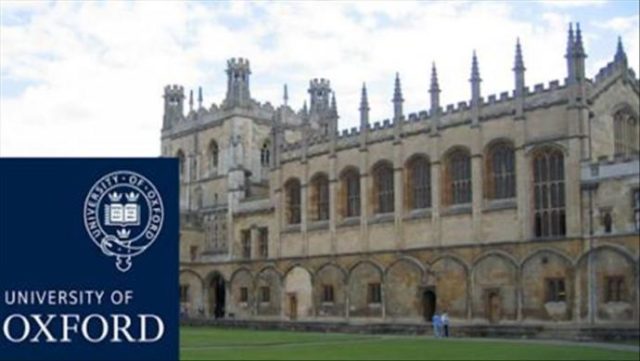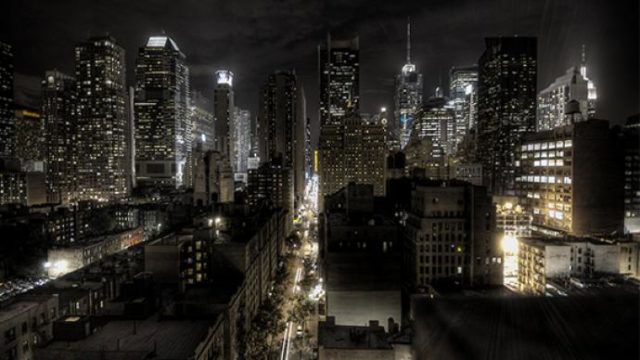iPaulina

But like why do you want to apply anyway?
What the Love Island vs Oxbridge applications statistic doesn’t tell usIn the summer of 2018, a very rigorous statistical comparison concerning the fate of today’s youth began circulating in the bastion of well-researched and unbiased information known as Twitter. “More than 150,000 people applied to be on Love Island,” one of these tweets went. “40,000 people applied to Oxbridge. Make of that what you will.”
The implication was clear: today’s youth are vapid, lazy and care more about instagrammable instant gratification than they care about serious academia.
But young Oxbridge hopefuls might still be safe from reality TV poaching. Those two universities have captured the attention of more generations of students than any TV show has so far. Why is it that the nation is so obsessed with Oxford and Cambridge?
The reasons for applying to these universities range from the trivial to the tragically funny to the obsessive.
For many, parental pressure is a huge factor. For high achieving students, this stretches across class boundaries and income levels. A privately educated upper-middle class student is just as likely as a working-class grammar school student to be pushed into making an Oxbridge application against their will. (At the same time, academic achievement is largely predicted by income levels, so selecting for high achieving students already cuts out a part of our generation who were failed by public sector education in their formative years, but that’s a different issue.)
There’s another subset of teenagers for whom Oxbridge is a way out of a cycle of poverty. A purely academic subject is out of question. A classics or a philosophy degree remains the domain of those who can afford to dedicate three years of their life to an interesting but remuneratively worthless field. These particular teens know they will study law, or economics, or engineering. Parental pressure is a different thing here, usually more implicit and bound up in duty and sacrifice.
The immigrant factor has to be considered too. Second generation immigrants tend to do better in school than natives of similar income levels, and also tend to have more traditional parents who are more likely to insist on academic achievements. The well-documented migrant work ethic might be supplemented by something else as well. Robert Guest, writer of Borderless Economics, a journalistically written appeal for global open borders, suggests that the very act of having to acclimatise to a new country and learn a new language does favours for migrants’ intelligence and creativity.
Then, there’s a subset of applicants who are neither pressured by parents nor see a top university as an absolutely necessary ticket to wealth. The parents are usually the kind of Guardian-reading, easy-going British parents part of the established middle class. They probably live in a semi-detached house on the leafy outskirts of London. For them, Oxbridge is neither a badge of honour, a concrete manifestation of intelligence and work ethic that bright working-class kids crave nor a symbol of prestige to allow them to join a long line of previous family members who had attended those elite institutions. What appeal does Oxbridge have for those students?
The answer might be the disproportionate amount of time the media focuses on Oxbridge – and no wonder, considering 54% of leading journalists were educated at those universities. It has fed a national obsession. A kind of unreachable, alluring aura has been created, made up of all the ‘peripheral’ associations like Latin incantations, long robes, clash of intellectual wits and tradition.
But the underlying factor might be that, just as an example, three quarters of all prime ministers went to Oxbridge. It’s not simply a ticket to career success. It’s a ticket to power, the implication that an Oxbridge degree, whether you take PPE or ‘Anglo-Saxon, Norse and Celtic’, means instant respect in whatever field you choose. The psychology behind teens applying to Oxbridge might just be a craving for recognition. You could therefore argue, maybe, that the type of people who apply to Oxbridge and those who apply to be on Love Island are not so different after all.
Yana VII

Megxit is the Start of the End of the Monarchy

Technology and the Internet: We have killed our gods and touched the moon

The truth about the coronavirus….

Restore

The not so special ‘Bojo-Trump’ relationship

The Rise of Wattpad

What do Parasite’s Oscars mean for South Korea?
